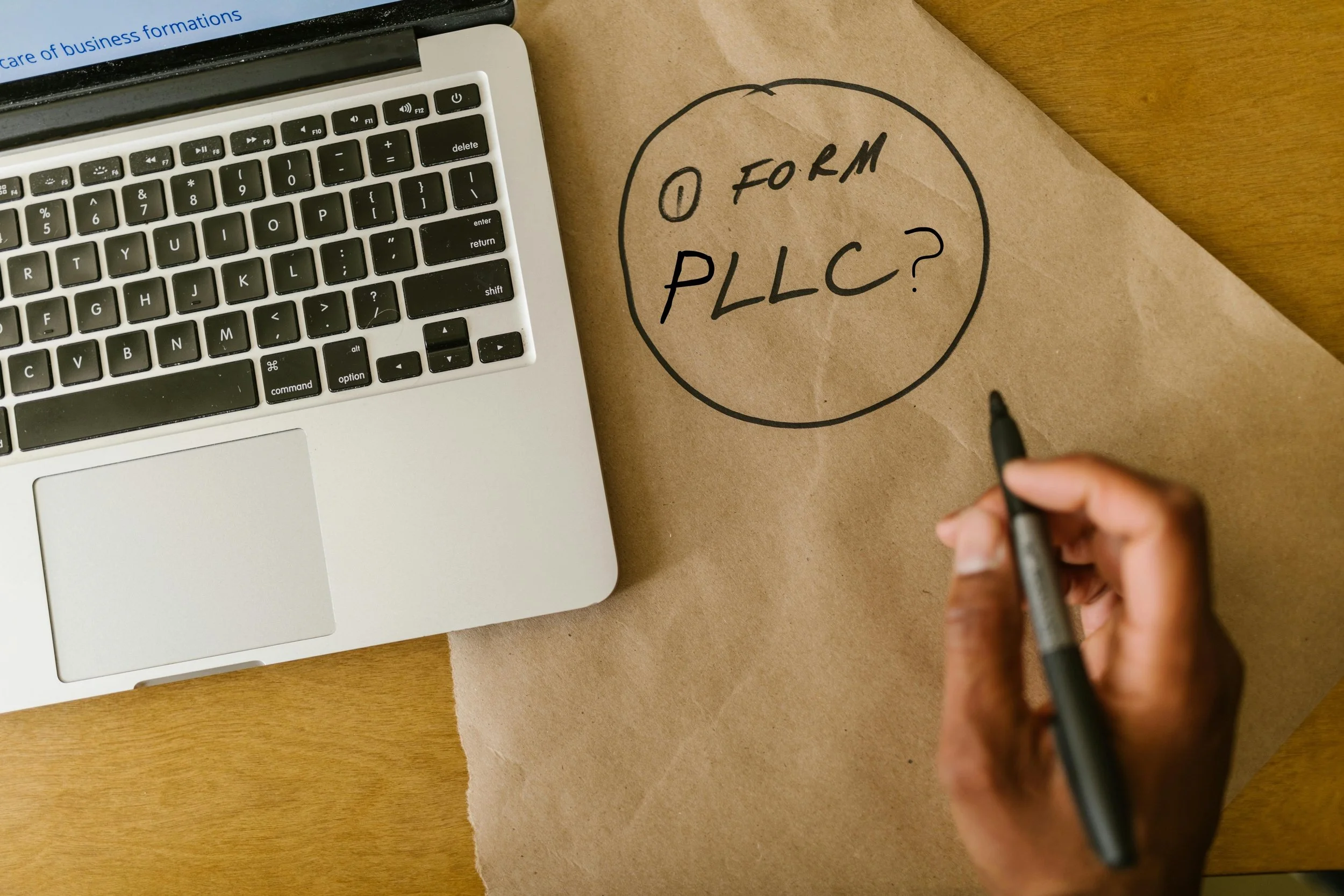The I-601A Provisional Unlawful Presence Waiver: Seeking Relief from the 3-Year and 10-Year Bars to Admissibility.
If you are a noncitizen living in the United States and do not currently have lawful status or permission to legally live and work in the U.S. (greencard, DACA, TPS, etc.), there is a strong likelihood that you are accruing unlawful presence. Unfortunately, if you have accrued between 180 days to one year or more of unlawful presence, you've effectively triggered the 3-year and 10-year bars to admissibility. This means that without a waiver, you may not re-enter or attempt to re-enter the U.S. before waiting the allotted time period. For those who are eligible, the I-601A Provisional Unlawful Presence Waiver is a necessary step in overcoming unlawful presence and qualifying for lawful permanent residence status in the United States.
Prior to 2013, individuals who accrued unlawful presence and were ineligible for Adjustment of Status (e.g., must have a lawful entry into the U.S. at a border or airport), were required to return to their home country to not only complete their immigrant visa/greencard application, but also their unlawful presence waiver request. What this meant is that if the U.S. government denied your waiver request, you would be stuck in your home country with no immediate means of returning to your family and life in the U.S.
Fortunately, this all changed with the introduction of the I-601A waiver. Now, for individuals seeking an unlawful presence waiver, they may do so while still residing in the United States. The difference is that if their waiver is approved, they can return to their home country, complete the immigrant visa/greencard process and safely return to the U.S. with the approved waiver. The risk of being trapped in your home country in the event of a waiver denial has now been removed.
It's important to note that if you are subject to any other grounds of inadmissibility (i.e., criminal convictions, health related grounds, etc.) in addition to unlawful presence, then the I-601A waiver is not available to you and you must file the I-601, Application for Waiver of Grounds of Inadmissibility, which unfortunately can only be reviewed and decided while you are in your home country.
Unless you are an immediate relative of a U.S. citizen and eligible for Adjustment of Status (i.e., must have a lawful entry into the U.S. at a border or airport), unlawful presence is a very real concern for noncitizens seeking to permanently live and work in the United States. In order to qualify for the I-601A waiver, you must meet all of the following criteria:
Must be the spouse, son or daughter of a U.S. citizen or legal permanent resident (LPR);
Must be able to establish a showing of extreme hardship suffered by the U.S. citizen or LPR spouse or parent;
Be at least 17 years old;
Be physically present in the United States at the time of submitting the I-601A Waiver application;
Be the beneficiary of an approved immigrant visa petition
Not be inadmissible under any other ground of inadmissibility other than unlawful presence; and
Warrant a favorable exercise of discretion.
If you are concerned about accruing unlawful presence and want to learn more about the I-601A waiver process or would like a consultation with our experienced immigration attorneys, please do not hesitate to give us a call or schedule a consultation using the button at the top of our website.
Disclaimer: This blog post and similar posts are not to be considered as providing legal advice. The discussion here is meant for educational and informational purposes only and shall not create an attorney-client relationship with the readers of this content.
tags
- 90 Day Rule 1
- Addendum 1
- Adjustment of Status 15
- Advance Parole 1
- Affidavit of Support 1
- Americans with Disabilities Act 1
- Attorney-Client Privilege 1
- Attorney-Client Relationship 1
- Background Checks 1
- Bargaining Power 1
- Bars to Adjustment of Status 1
- Board of Directors 1
- Bona Fide Marital Relationship 3
- By-laws 1
- CIMT 1
- Certificate of Authority 1
- Certificate of Citizenship 1
- Child Citizenship Act of 2000 1
- Commercial Leases 1
- Conditional Green Card 6
- Confidentiality 1
- Consular Processing 3
- Consulting Agreements 1
- Continuous Residency 1
- Contract Clauses 9
- Contract Negotiation 6
- Contracts 12
- Coronavirus 4
- Corporations 6
- Correcting Errors 1
- Crime Involving Moral Turpitude 1
- Crime Victims 6
- DACA 1
- Dissolving LLCs 1
- ESTA 1
- Employees 3
- Employers 3
- Expanded Family/Medical Leave 1
- FOIA Requests 1
- False Claim to U.S. Citizenship 1
- Fiancé Visa Interview 1
- Fiancé Visas 10
- Force Majeure 2
- Foreign PLLCs 2
- Freedom of Information Act 1
- Good Moral Character 7
- Green Card Interview 2
- Greencard 17
- I-129F 1
- I-130 Application 3





